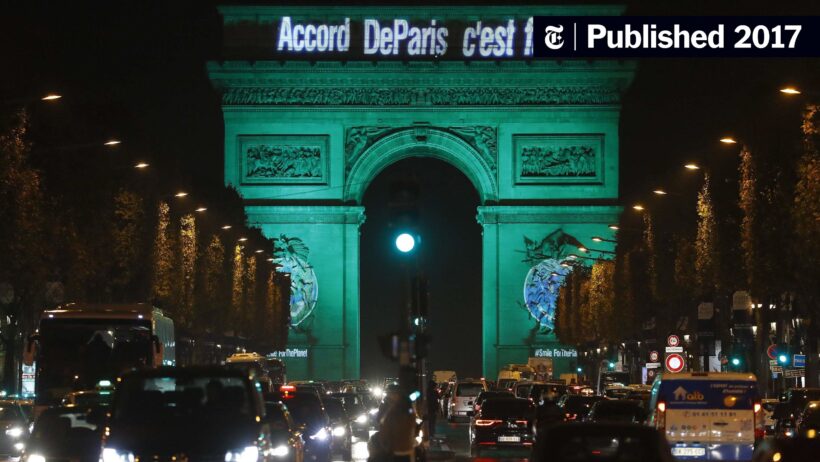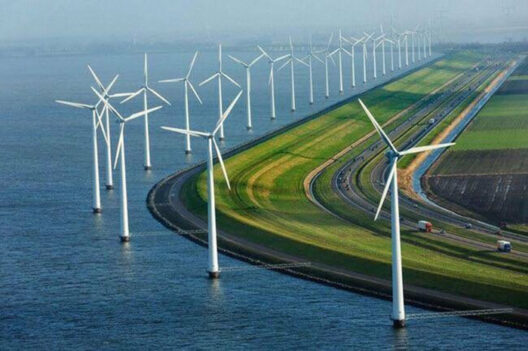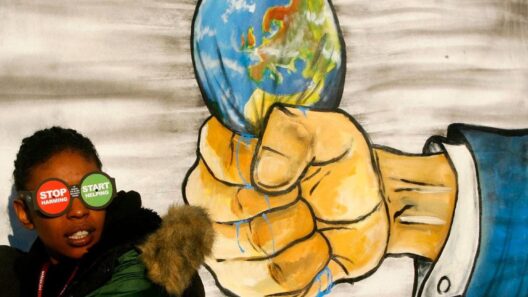The Paris Climate Accord is an international treaty that represents a collective effort by the global community to combat climate change and its potentially catastrophic effects. Formalized in December 2015, this landmark agreement brought together nearly every nation in the world to address an issue that transcends borders, economies, and cultures. The Accord has garnered significant attention and sparked discussion about its implications and effectiveness. But what exactly is the Paris Climate Accord, and why does it evoke such a profound fascination among environmentalists, policymakers, and citizens alike?
Understanding the Paris Climate Accord begins with acknowledging the context in which it was conceived. The urgency of climate change has become increasingly apparent in recent decades, as scientific data consistently warns of rising global temperatures, erratic weather patterns, and the resultant ecological disruptions. This urgent backdrop catalyzed the need for a unified response. Recognizing the Sisyphean nature of unilateral efforts, world leaders convened in Paris to forge a collaborative plan. The resulting Accord is a testament to both human ingenuity and the stark reality of an ever-warming planet.
At its core, the Paris Climate Accord is a framework designed to guide nations in reducing greenhouse gas emissions, thus mitigating climate change. The agreement builds upon the foundation laid by previous treaties, most notably the Kyoto Protocol, but significantly enhances the flexibility and ambition of global efforts. Under the Accord, countries commit to setting self-determined climate targets—referred to as Nationally Determined Contributions (NDCs)—that reflect their unique circumstances and capabilities. This distinctive approach acknowledges the diverse economic, political, and social contexts from which nations operate.
The primary aim of the Paris Accord is to limit global warming to well below 2 degrees Celsius above pre-industrial levels, with an aspirational goal of 1.5 degrees Celsius. Achieving this target necessitates unprecedented reductions in carbon dioxide and other greenhouse gas emissions, alongside increased investment in renewable energy sources and sustainable practices. The Accord further emphasizes the importance of adaptation, urging countries to fortify their resilience against the inexorable impacts of climate change, which continue to manifest in increasingly tangible and devastating ways.
One of the most intriguing aspects of the Paris Climate Accord is the reliance on voluntary commitments rather than legally binding mandates. This approach is both a source of hope and a point of contention. On one hand, the voluntary nature fosters inclusivity, allowing nations to participate at their own pace while encouraging cooperation. On the other hand, critics argue that without binding commitments, there exists a genuine risk that countries may underperform. The tension between ambition and action is palpable, and this ongoing dialogue about accountability underscores why the Accord captivates so many.
Another compelling feature of the Paris Accord is its built-in mechanisms for increasing ambition over time. Every five years, nations are encouraged to revisit and strengthen their NDCs, which promotes a culture of continuous improvement and innovation. This iterative process signifies a collective acknowledgment that the fight against climate change is not a sprint but a marathon. By forcing nations to reassess their commitments regularly, the Accord instills a sense of urgency that is imperative as the effects of climate change become increasingly dire.
Furthermore, the Accord recognizes the significant role of financial support in enabling developing nations to achieve their climate goals. The pledge to mobilize $100 billion annually by 2020 represents an essential commitment from developed nations to provide the necessary resources for climate adaptation and mitigation efforts in less affluent countries. This financial aspect is not merely a symbolic gesture; it highlights the collective responsibility of wealthier nations to assist those who bear the brunt of climate impacts—often with significantly fewer resources.
Public engagement and grassroots movements have also surged in tandem with the Paris Accord, resulting in an unprecedented level of global awareness surrounding climate issues. This enthusiasm underscores a profound shift in public perception, as more individuals recognize their role in addressing environmental challenges. The excitement surrounding the Accord galvanizes both large-scale activism and local efforts, revealing deeper social currents that intertwine human rights, environmental justice, and sustainability.
Challenges remain, however. Significant geopolitical factors can inhibit collaboration and dilute the effectiveness of collective climate action. For instance, tensions among nations can thwart progress, complicating the path toward meaningful solutions. The Accord operates within this intricate web of relationships, constantly tested by political, economic, and social factors that influence national priorities. The ability of the Accord to withstand these challenges and foster cooperation is testament to its design, yet it remains a critical focal point for discourse, analysis, and advocacy.
In conclusion, the Paris Climate Accord stands as a beacon of hope and a harbinger of complexity. Its ambitious goals reflect a global recognition of the urgency of climate action, while also highlighting the nuanced interplay of international politics, economics, and social justice. As nations navigate the murky waters of cooperation, the true measure of the Accord’s success will depend on collective will, innovation, and unwavering commitment. Understanding the multifaceted nature of the Accord fosters a deeper appreciation for the collaborative efforts essential for safeguarding the planet for future generations. Together, the pursuit of a sustainable and equitable future is not only necessary but an ethical imperative. The Paris Climate Accord is not just an agreement; it is a call to action for the world.







